St. John’s wort 100 capsules antispasmodic and diuretic effect
13,44 €
- Processing: Orders ship within 48 hours.
- Delivery: Germany: 1 day via DHL Express, 3 days via standard DHL.
EU delivery: 1-2 days via DHL Express, 3-4 days via standard DHL. - Shipping Costs: Calculated at checkout.
- Tracking: You'll receive a tracking number once your order ships.
- Return Window: 30 days from delivery for refunds or exchanges.
- Eligibility: Items must be unused and in original packaging.
- Process: Contact us to initiate a return. Refunds processed within 5-7 days after receiving the return.
- Exclusions: Perishables and personalized items cannot be returned.
Description
Contents : 100 gelatin capsules
- Directions for use: 1 – 2 capsules once a day. Swallow the capsule and drink plenty of water 30 minutes before a meal, do not exceed the dose.
- Storage conditions: Store in a dry, dark place out of reach of children.
- NOTES: Do not exceed the recommended daily dose. Not for use by pregnant or lactating women or children under 12 years of age.
- The product cannot be used as a substitute for a properly varied diet.
- Contraindications: people taking antidiabetic medications must monitor their sugar levels, as fenugreek lowers it.
St. John’s wort – a short description
St. John’s wort (Hypericum perforatum) is a plant with yellow flowers and characteristic small dots on the leaves, which look perforated when held up to the light. Hence the name – St. John’s wort. These “holes” are reservoirs containing volatile essential oils.
St. John’s wort is commonly found in meadows and clearings. Its flowering period falls in the second half of June, around St. John’s Day. That is why St. John’s wort is often called St. John’s wort. St. John’s wort was already known in ancient times, when it was believed to have magical properties. The health-promoting effects of this plant were widely used in folk medicine. For years, St. John’s wort was used to treat many ailments, including respiratory, urinary, digestive and skin problems. Hypericin, which is the main active substance contained in St. John’s wort, in combination with ultraviolet radiation increases the efficiency of the hormonal system, treats anxiety, neurosis and depression. St. John’s wort infusion was used for liver and biliary tract ailments, and tinctures were drunk “for melancholy”.
St. John’s wort – a wealth of active ingredients
The raw material with a pharmacopoeial monograph is St. John’s wort. It contains many valuable ingredients. The most important of them are:
- hypericin (red dye) which has sedative and antidepressant properties, but also has photosensitizing properties,
- hyperoside has a diuretic effect,
- hyperforin with antibiotic but also antidepressant activity,
- rutin, quercetin, which seal the capillaries,
- phenolic acids with anti-inflammatory, anti-edematous and antioxidant properties,
- tannins with astringent, bacteriostatic, but also choleretic and choleretic properties,
- essential oil with antiseptic, anti-inflammatory and regenerative properties.
This whole range of active ingredients means that St. John’s wort has been widely used in medicine for years. The effect of St. John’s wort preparations depends on the processes it undergoes after drying. Therefore, alcoholic extracts act on the central nervous system, and an aqueous infusion of St. John’s wort stimulates the digestive system to work. On the other hand, the macerate applied externally is suitable for treating wounds. In order for St. John’s wort to contain the most active ingredients, the plant must be collected during the flowering period.
St. John’s Wort – Medicinal Properties and Uses
The medicinal properties of St. John’s wort are determined by a number of valuable active ingredients . Currently, the beneficial effects of St. John’s wort on the digestive and nervous systems are mainly used. A decoction of St. John’s wort taken after a meal has an antispasmodic effect on the smooth muscles of the digestive tract, and drinking it before eating stimulates the digestive system to work. Thanks to this, you can avoid symptoms associated with indigestion, especially after a fatty and hard-to-digest meal. These are not the only beneficial effects that St. John’s wort has on the digestive system. Thanks to its antispasmodic effect on the bile ducts, it can be used in the course of inflammation, bile stasis and gallstones. In addition, St. John’s wort supports the work of the liver. It is also recommended for use in inflammation of the gastric and intestinal mucosa, in the case of lack of appetite, crampy abdominal pain, flatulence, heartburn, and also in the case of reduced secretion of digestive juices. This wide spectrum of action in the digestive tract makes St. John’s wort a popular ingredient in many herbal teas and tablets for digestion.
How else is St. John’s wort used in medicine?
- St. John’s wort can be used for any type of urolithiasis. It has a diuretic and antispasmodic effect. However, this application is more used in folk medicine than in popular pharmacotherapy of this disease.
- St. John’s wort has calming properties and is sometimes used to treat depression. St. John’s wort owes its effects to hypericin. This substance inhibits the breakdown of serotonin, a neurotransmitter also called the “happiness hormone”. In addition, hypericin is an inhibitor of serotonin, noradrenaline and dopamine reuptake, and also acts on serotonin receptors. Classic antidepressants work similarly. St. John’s wort extracts can be used as a second or third-line treatment option in patients with mild or moderate depression. When these patients also do not want to take synthetic pharmaceuticals or do not tolerate them. However, due to interactions with many drugs used in depression, which often require complex treatment, St. John’s wort is rarely recommended for patients suffering from this disease.
- St. John’s wort is also used to treat vitiligo and other skin lesions associated with pigmentation disorders. The plant extract is administered orally, while the juice or oil is used to wash various skin lesions, which are then subjected to phototherapy.
- Oil extracts from St. John’s wort are used to treat wounds, frostbite and burns. They act as an antiseptic and astringent on damaged skin. They can also be used topically in cases of inflammation of the oral mucosa, including sore throats and gingivitis.
St. John’s Wort – Harmful Interactions, Adverse Effects, Contraindications
St. John’s wort could be used very widely in medicine if it were not for its photosensitizing properties and the effect of activating cytochrome P450 isoenzymes responsible for, among other things, the metabolism of many drugs. In addition, hypericin mainly affects p-glycoprotein, which is responsible for drug transport in the cell. Stimulation of this protein can increase drug resistance and reduce the absorption of drugs transported with its participation. Due to these mechanisms, St. John’s wort should not be combined with contraceptive pills, antibiotics, anticoagulants (warfarin), digoxin, anticancer chemotherapeutics, serotonin reuptake inhibitors (sertaline, venlafaxine) and other centrally acting drugs also used in the treatment of depression (including clozapine, alprazolam, aripiprazole, zopiclone, diazepam).
Pharmacotherapy of many diseases is the main contraindication to the use of St. John’s wort preparations. Both in the case of supplements containing dry extracts, oil and alcohol extracts, and infusions. St. John’s wort should not be administered to children, as well as pregnant and breastfeeding women.
Hypericin contained in St. John’s wort, although it has sedative and antidepressant effects, can only be used in monotherapy. Due to the high risk of interactions with drugs used in psychiatry.
Hypericin contained in St. John’s wort increases sensitivity to sunlight. Using St. John’s wort preparations in the summer combined with sun exposure can lead to photosensitivity and reactions, especially in people with fair skin, moles and existing skin lesions. When it comes to treating wounds and pigmented lesions with St. John’s wort, sun exposure should also be limited.
When using a product with St. John’s wort, you should always inform your doctor about this fact. This is very important not only for the effectiveness of the drug therapy, but also for your own health and life.
In addition to phototoxic reactions, adverse reactions may include:
- gastrointestinal disorders,
- tiredness,
- headaches.
However, the toxicity of St. John’s wort is relatively low and the herb can be used for long periods of time.
St. John’s wort tincture, infusion, tablets – available preparations
Years of research on St. John’s wort have shown that depending on the chemical processes it undergoes, other compounds will be extracted from it. This is because hypericin and hyperforin dissolve better in alcohol and oil than in water. Therefore, drinking St. John’s wort infusion produces weak antidepressant effects. St. John’s wort tea works much better in the case of bile duct disorders and digestive problems.
In states of nervous exhaustion, it is much better to reach for an oil macerate of St. John’s wort or an alcohol extract. The ingredients extracted into the oil phase are also great for washing various skin lesions. Oil macerate can be applied to cracked skin, acne lesions, wounds, abrasions, etc.

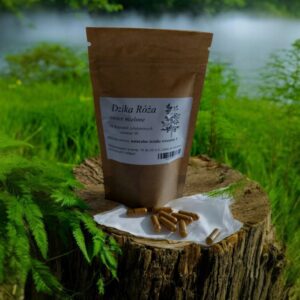



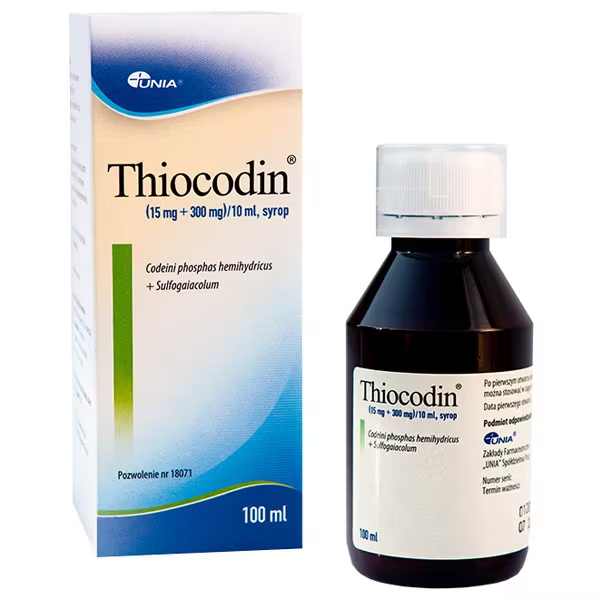
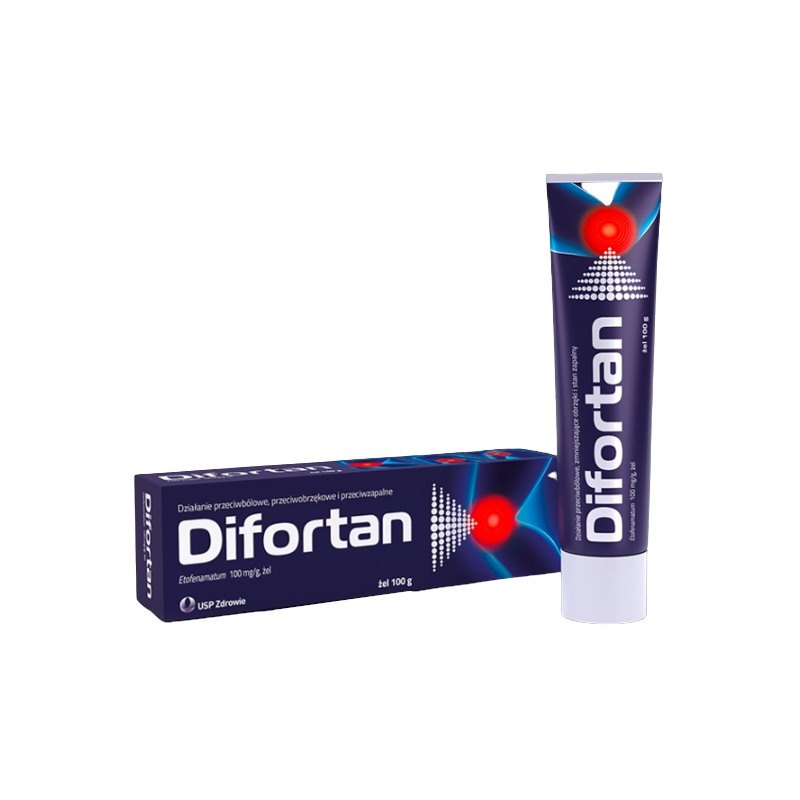
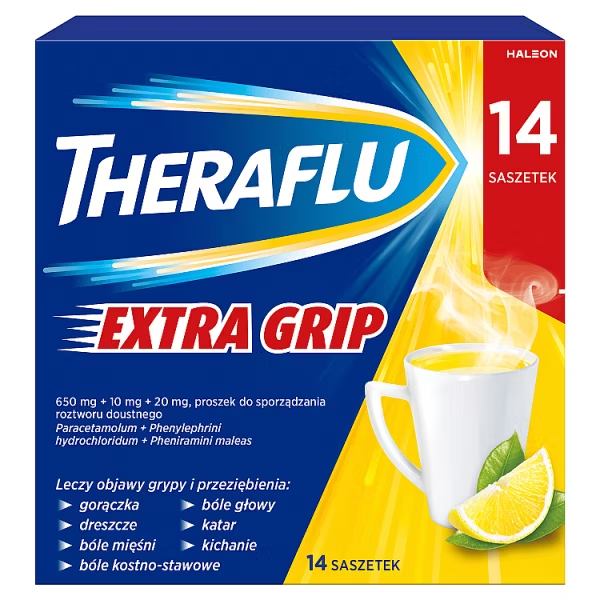

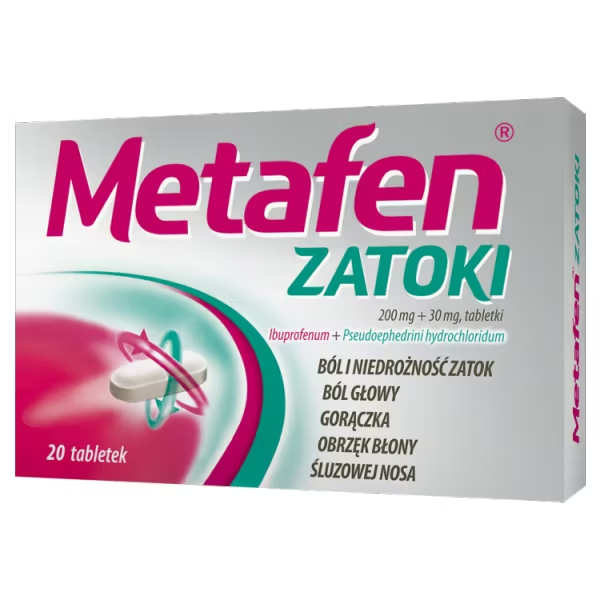



























Reviews
Clear filtersThere are no reviews yet.